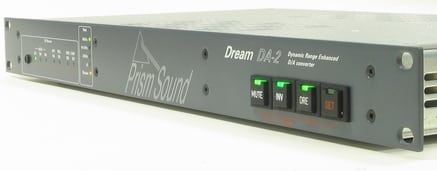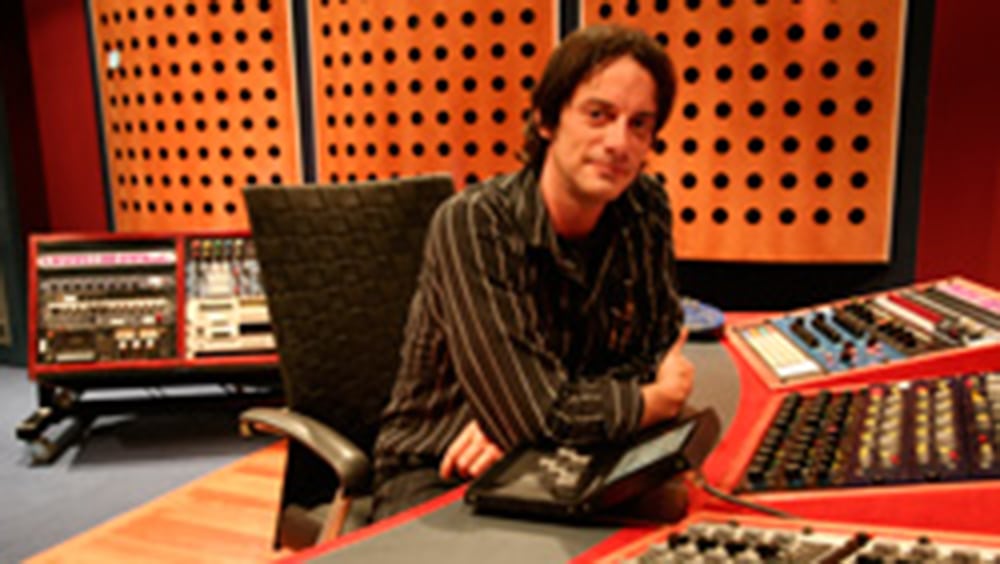Mixing with your Mastering Engineer
By Steve Smart
To book Steve for your mastering project, contact Lynley on 02 9698 5888 or mastering@studios301.com.
In most mastering situations, stereo mixes are used for the final mastering session. But sometimes I go a little further than that… And the producer or mixer brings in their computer, with their DAW mix sessions, into my mastering studio with them.
The advantage of this from a mixing perspective is that we can play the mixes in the mastering studio speakers and listening environment, where the engineer has the opportunity to listen to the mixes in a very accurate room with pristine converters, amps and speakers. From there, we can get into the project in its entirety to adjust any problematic aspect of the final mix (e.g. individual instrument levels, equalisation and compression). In doing this, we are able to make fine adjustments in the mix, without having any side affects that may occur to the mix by simply using overall mastering eq and compression. Overall, the mix sounds better, the master sounds better as a result, and the producer or artist hasn’t had to pay much more (if any) for a better sounding song.
As an example, in a track I was recently mastering, we had a great sounding kick drum with nice sub energy, but the bass guitar had large amounts of sub frequencies in it as well. Under normal situations in a mastering session, I would simply use a high pass filter or equaliser to tighten this up for a firm rhythm section… But the side effect can sometimes be that in tightening up the bass guitar, we loose the energy in the kick drum. In the situation where we have the mix opened up in the DAW, we can easily go in and make the adjustments to the bass guitar only, without any side effects to the kick drum!
In another instance, the vocal was too bright but the percussion was slightly dull, so we were able to go to the vocal eq in the mix and reduce the high frequencies. This then allowed me to add brightness to the whole track with my beautiful Sontec mastering eq.
And in another situation, we had guitar parts that were recorded using two microphones, but unfortunately one of them was out of phase. This gave us a really weak guitar sound, but having the mix at our fingertips, we were able to go in, find it, and phase flip it – which immediately ended up in a really strong sounding guitar. This is something I simply could not have fixed in mastering a normal stereo mix.
Overall, the common problems I hear when mastering – over compression, clashing eq and phase problems to name a few – can all be fixed much faster and more effectively in the mix, rather than trying to work around it in mastering.
Lastly, the benefits of this process for many mixers/producers have had longer-term benefits. By having the “fixed mix” saved in their DAW, and then referencing it back in their own studio, they have been able to use it as a reference to tweak their own studio monitoring systems for better results.
Here’s what to do If you want to mix in my mastering studio…
In order for us to do this together, you’ll just have to bring your laptop or tower containing the software and relevant mix projects (but don’t forget your iLok and other dongles!). From there, we hook you into our USB > AES/EBU device that runs straight to my Prism Dream DA convertor… and into my analogue mastering chain from there.
Displays, keyboards, extra peripherals, cables, etc. are all catered for at 301 – so you don’t need to pull your studio apart to make this happen.

How much does it cost?
I charge my usual hourly rate to work this way. Sometimes it works out quicker when you bring in your DAW, because I can quickly fix a problem like above, and then keep on mastering without having to work around mix issues. On the flip side, lack of preparation, or half-baked mixes can cause a blow-out in time – so I strongly recommend that if you are considering working this way, to get your online mix sounding as best as you possibly can – and then I can simply enhance it, rather than having to re-“mix” it with you in my mastering studio.
Finally, none of this is to say that all mixes need these adjustments, or this much intervention, but it’s a great option to have up your sleeve if you are looking for a lower cost way to improve the sound of your mixes (and thus masters.)
All in all, stay confident in your mixing ability, take the mix to the point where you believe it’s at its best and then from there it can only get better…
Steve.
Lynley, our Mastering Coordinator, is happy to talk through this process with you in more detail if you are interested in mix-mastering with Steve Smart. You can reach Lynley on 02 9698 5888 or mastering@studios301.com.

Leave a Reply